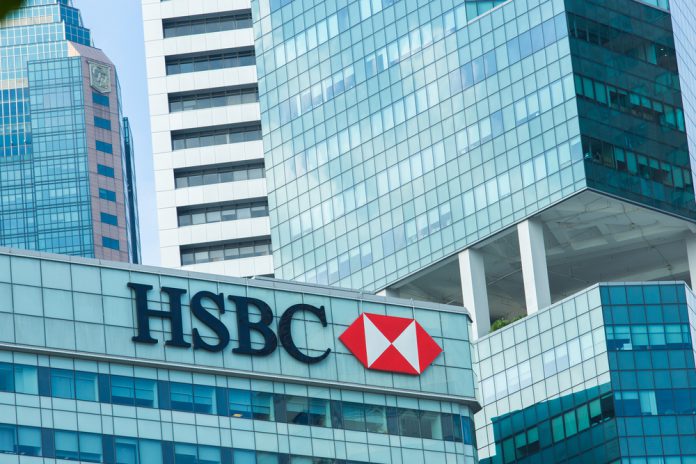HSBC Holdings’ (LON: HSBA) posted a jump in their pre-tax profit for 2017, which stood at $17.2 billion (£12.3 billion) due to a focus on Asia.
Though profits were below analyst expectations, they more than doubled compared to the year before to the absence of hefty restructuring costs.
This year’s expectations from 17 analysts polled by Thomson Reuters was an average of $19.7 billion, however, these estimates did not take into account the changes to the US tax system that led to banks booking losses on deferred tax assets that had built up during loss-making years.
HSBC is not the only bank to be affected by Trump’s tax changes. Barclays has said it expects a £1 billion hit on its annual post-tax profit.
The group chairman, Mark Tucker, said: “A large increase in reported profit before tax reflected both a healthy business and the non-recurrence of significant items from 2016.”
The lender has said that its profits have been driven by growth in the Asian markets.
The bulk of their profits in 2017 came from Asia, which grew by 89.3 percent from a year earlier. HSBC has increased operations significantly in China’s Pearl River Delta area.
In Europe, the bank was less successful and faced a loss of $1.9 billion.
Despite the jump in profits, shares in the lender fell after expectations were not met. In Hong Kong, HSBC shares closed down 3.1 percent. In London, they were down over 4 percent in morning trade.
Laith Khalaf, a senior analyst at Hargreaves Lansdown, said the bank’s growth in Asia was promising due to “the Asian middle class set to balloon by a staggering two billion people by 2050”.
“However, this approach comes with risks attached. The strength of HSBC’s share price over the last two years has a lot to do with better-than-expected economic performance from China.”
“That’s all well and good, but this cuts both ways, and looking forward if China sneezes, HSBC is going to catch a nasty cold,” he added.

